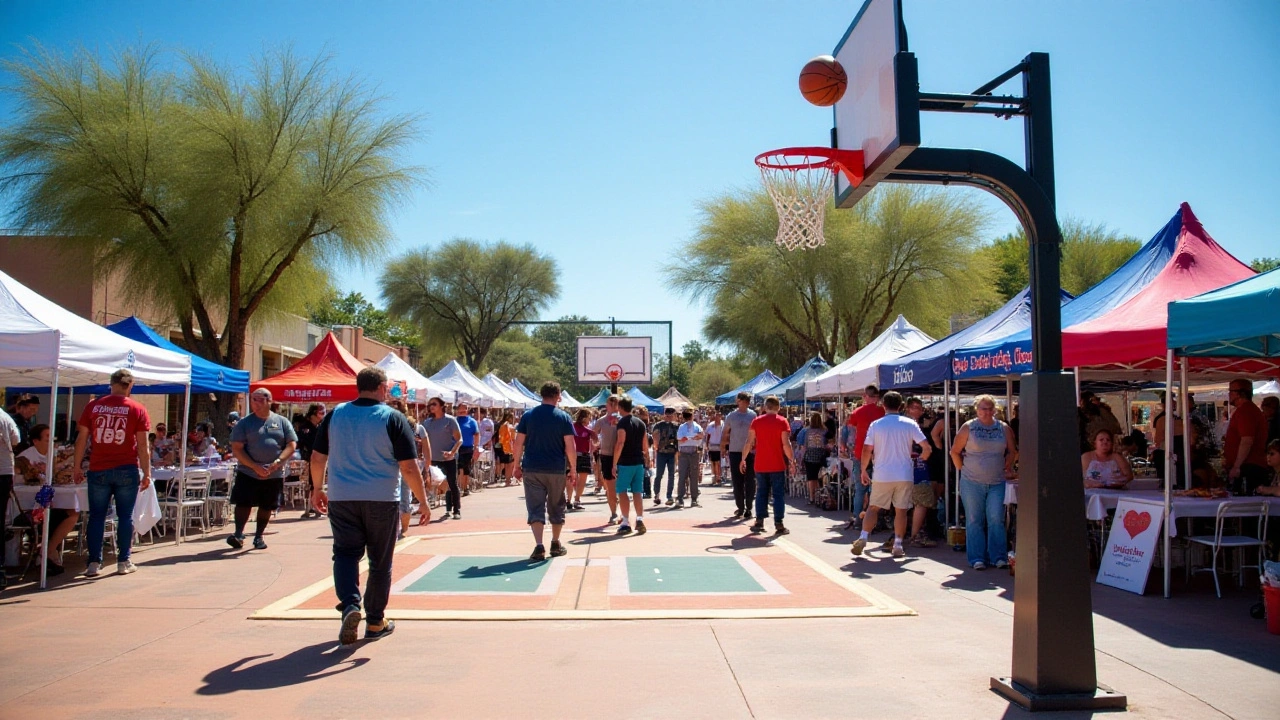Columbus Day: what it is, when it happens and why people argue about it
Columbus Day still sparks strong opinions — from small-town parades to big protests. If you want a quick, practical guide to the holiday, this page explains the basics: the date, what people celebrate, why it’s controversial, and easy ways to learn more or mark the day respectfully.
When is Columbus Day and who observes it?
In the United States, Columbus Day is a federal holiday observed on the second Monday of October. That’s when many banks and federal offices close, and some communities hold parades or ceremonies. Not every state or city treats it the same: a growing number of places have replaced it with Indigenous Peoples’ Day, and others offer both names.
Outside the U.S., the same October timeframe is remembered differently. Spain marks October 12 as Día de la Hispanidad. Latin American countries have variations like Día de la Raza. The point: how the day is observed depends on local history and politics.
Why Columbus Day is controversial
Christopher Columbus reached the Americas in 1492, an event often taught as a discovery. But calling it a simple discovery ignores what followed: colonization, violence, forced labour and disease that devastated Indigenous peoples. That’s why many people, especially Indigenous communities, oppose celebrating Columbus as a hero.
In recent years, cities and states have shifted to Indigenous Peoples’ Day to honour native history and survival instead of celebrating colonization. The debate isn’t just about the past — it’s about which stories we lift up today and how public holidays shape who gets remembered.
Want something concrete to do? Visit a local museum exhibit on Indigenous history, read a book by an Indigenous author, or attend an Indigenous Peoples’ Day event. Small actions like these teach a lot more than a parade program.
If you’re a parent or teacher, use the day to introduce balanced history to kids. Try age-appropriate books or short documentaries that show multiple viewpoints. For adults, two widely read books are Roxanne Dunbar-Ortiz’s An Indigenous Peoples’ History of the United States and Howard Zinn’s A People’s History of the United States — both offer deeper context on colonization and its lasting effects.
For journalists and community organisers: look for local angles. How do nearby tribes view the holiday? Are schools changing their curriculum? Those local stories matter more than national headlines.
CottonCandi News collects coverage, opinion pieces and local reporting under this tag. Browse the stories here to see how different places are responding — from official changes in law to grassroots events. If you have a tip, a local event, or a personal story about the holiday, send it in. We’ll cover the angles that matter to people on the ground.
Questions or want suggestions for local reads and events? Drop a note to our newsroom or check the tag feed for the latest coverage.
